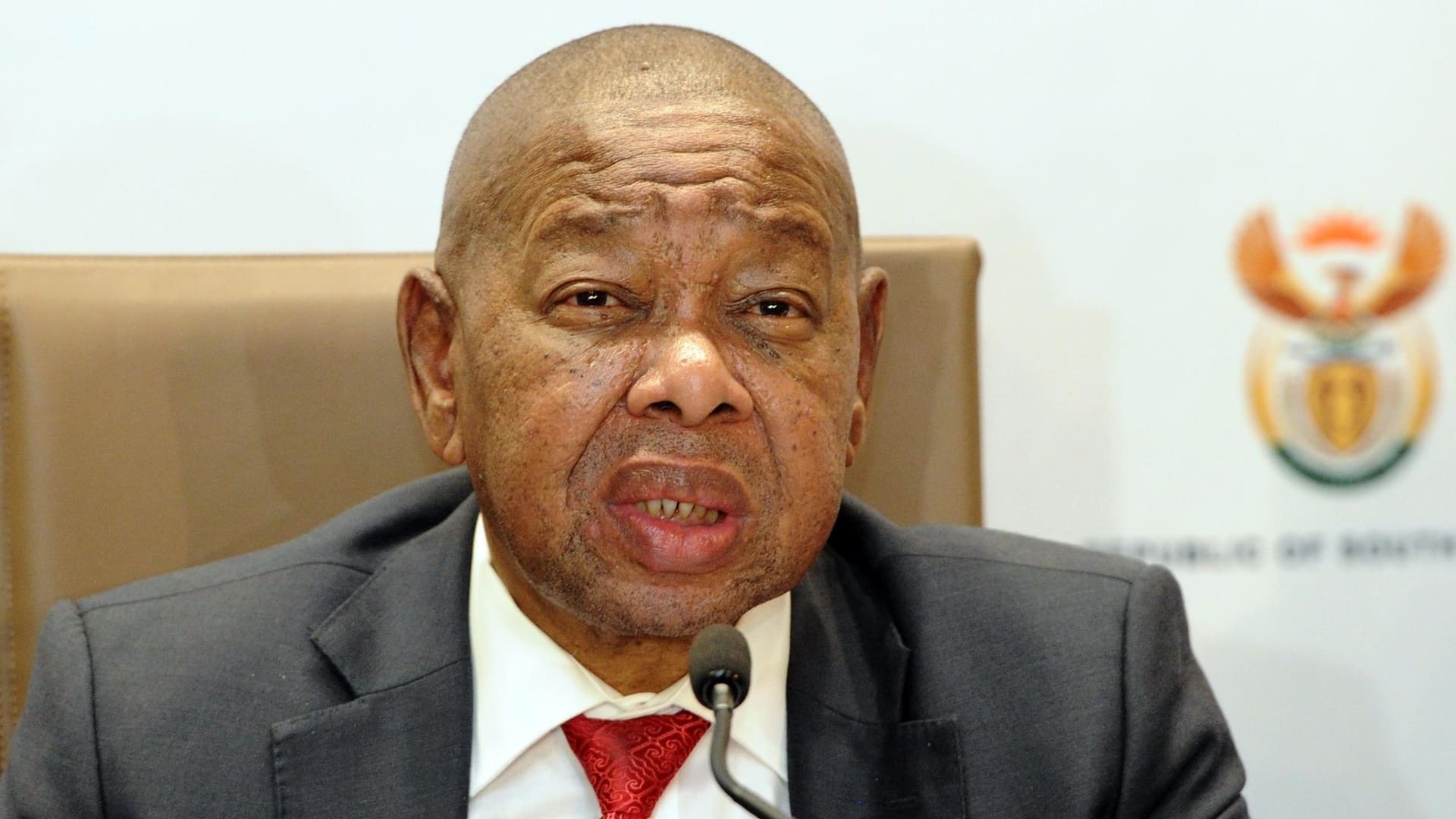- Minister Blade Nzimande has said NSFAS is turning the tide, but there are still numerous shortcomings.
- Thousands of students are still awaiting payments as the end of the year approaches fast.
- The minister has ordered NSFAS to relook the fees associated with the highly controversial direct payment system.
Over the last few months, the wheels have seemingly started to come off of the bus that is the National Student Financial Aid Scheme (NSFAS).
One of the more pressing issues at NSFAS has been the launch of a controversial direct payment system. This system sees payments to students being dispersed through fintech partners but it has been beset by glitches and unexpected fees students had to foot the bill for.
On Tuesday, Minister of Higher Education, Science, and Innovation, Dr Blade Nzimande addressed developments at NSFAS as regards its so-called “Student Centred Model”.
“I must upfront indicate that NSFAS – insofar as it successfully services the needs to the vast majority of poor students – is not in a crisis as many of our government detractors would want the public to believe,” said Nzimande.
“Actually, we have turned the tide in student funding for the children of the poor and the working class and NSFAS is the biggest single largest student funding agency in Africa and a unique scheme in the world in that it completely funds students for their study, travel, accommodation and personal care.”
However, this statement betrays the underlying problems faced by students who rely on NSFAS to pay for their studies. For one, there are a large number of students who haven’t migrated to the direct payment system. While at some universities this figure is as low as one percent of NSFAS students, at universities such as the University of Fort Hare this figure shoots up to 44 percent.
The minister says that NSFAS’ institutional support teams will focus their attention on addressing those gaps. This is an incredibly poor show from NSFAS especially when one considers we are almost three months away from the end of the year.
Worringly, Nzimande says that 10 374 TVET college students are yet to be paid but will be after the previous disbursement. This figure is far too high and NSFAS needs to buckle down and address this so that fewer students are left waiting for funding.
Regarding the fees students have to pay when using the direct payment system, Nzimande says he has ordered the entity to relook these charges.
The minister also outlined seven measures the NSFAS board should implement immediately. These include:
- “Implement their redesign Information Communication Information (ICT) system, which leverages modern technologies and capabilities in order to deliver the NSFAS mandate seamlessly;
- Review all the processes, operations, and the allowances disbursement model;
- Review the overall governance and management design to ensure the full execution of the NSFAS mandate;
- Implement a new performance management and accountability framework in a bid to establish a high-performance culture within the organisation;
- Improve their stakeholder, media, and communication relations;
- Implement a 24-hour call centre;
- Initiate criminal and legal action against all students who have been defrauding NSFAS.”
Today, NSFAS will brief Parliament’s Higher Education Committee on the problems related to the scheme including the direct payment system.
While NSFAS may not be in a crisis – depending on the precise definition being used by Nzimande – it’s not exactly flourishing either.
Of course, NSFAS is only one side of this problematic coin. The scheme has been fighting a losing battle against students who could afford to pay their own way through tertiary education but instead defraud the scheme.
This seems to be a constant battle for NSFAS and how it will address this remains to be seen. With that having been said, taking a hard stance on fraud and showcasing the legal action taken against offenders could help deter others from attempting the same.
[Image – CC BY-ND 2.0 GovernmentZA]

